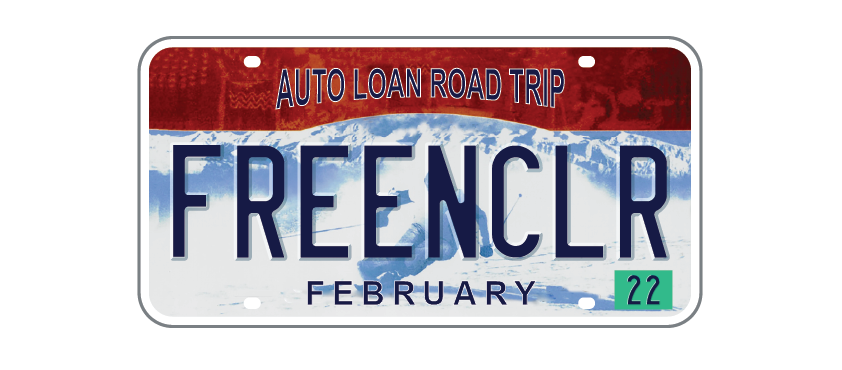
What Is a Title?
A title is a sort of “birth certificate” for a vehicle. Among other things, this document lists the vehicle identification number (VIN), manufacture year, make, model, mileage, and current liens (if any). It also acts as proof of ownership by listing the name of the current owner.
A vehicle’s original title is usually issued by the registration and licensing authority of the state where it was purchased, such as a department of motor vehicles (DMV). It’s not uncommon for the original to be replaced one or more times throughout the life of the vehicle. New titles may need to be printed to reflect changes in ownership, residency, lien status, or other circumstances.
How a Title Works
The basic idea is this: Whoever owns a vehicle should have its title. This gives them proof of ownership. If the car is sold, the title will be handed over to the new owner, and so on. However, there's often a little more to it than that, especially when auto loans are brought into the equation. Here are some things to know about how titles work.
- If you own a vehicle outright, you should be in possession of its title. To own a vehicle “outright” means you don't owe any money on the vehicle and it's free from any liens or levies.
- If you’ve financed a loan in order to purchase a vehicle, your lender may keep the title as collateral. If you're permitted to keep the title, however, you may be required to have a new title printed showing your lender has a lien on it. Ask your lender what their requirements are.
- Some states may allow electronic titles (“e-titles”) rather than requiring a paper title to be printed and kept on hand. In Utah, e-titles are only permitted in conjunction with the state’s e-lien program.
Types of Titles
Clean Title: This type of title means the vehicle has had no previous incidents resulting in significant damage or restoration work. All brand-new, unused vehicles should come with clean titles. A used car can also have a clean title as long as it meets the criteria just mentioned. These titles are typically the most beneficial because they help retain the vehicle's resale value. Additionally, it is usually easier to be approved for an auto loan if the vehicle you've got your eye on has a clean title.
Branded Title: A branded title is one which has had a “brand” placed on it. A brand indicates there's been some kind of incident involving the vehicle, commonly (though not always) resulting in significant damage. There are different brands that can be put on a title. Individual states may have their own policies on what kinds of brands can be put on titles in their states. In Utah, two of the most common brands are “salvage” and “rebuilt/restored." To learn more about what these brands mean in Utah, visit the Utah DMV’s website.
Buying a vehicle with a branded title could mean taking on added risk (this depends on if the vehicle has had any previous damage and how well it was repaired). For this reason, it can be harder to be approved for an auto loan if the car you want has a branded title.* Still, some prospective buyers actually prefer to shop for branded titles, especially if they plan on buying a vehicle outright. This is because a branded title can significantly lower the purchase price.
Free and Clear Title: A free and clear title means that a vehicle is currently free of any liens or levies, i.e., the owner of the vehicle owns it outright.
Questions?
If you have any questions regarding vehicle titles, reach out to your local DMV office or visit the Utah DMV's website. For questions about financing a Cyprus auto loan, read more here or call our lending team at 801.260.7700.
__________________________
*Cyprus Credit Union may approve loans on rebuilt/restored titles. Call our lending team at 801.260.7700 for more information.



